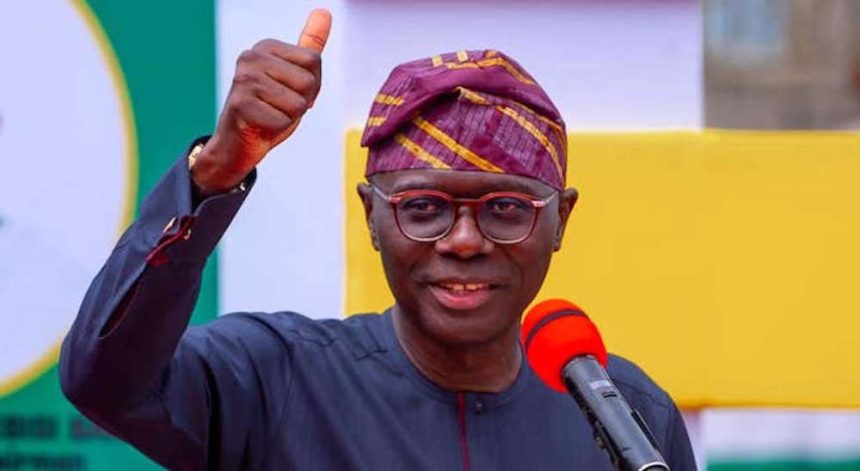Lagos State Governor, Babajide Sanwo-Olu, has launched the $410 million Omi-Eko Project, an ambitious initiative aimed at turning the state’s waterways into key channels of economic growth and sustainable transport.
Speaking at the official launch in Lagos on Friday, Sanwo-Olu said the project would transform the city’s waterways “from barriers of separation into corridors of opportunity.” He described the initiative as part of a broader vision to create a cleaner, smarter, and more efficient transport system across Lagos.
The Omi-Eko Project, meaning Water of Lagos, marks a major step in the state’s transportation evolution. It aims to ease road congestion, promote clean energy, and connect communities more effectively through a modern water mobility ecosystem.
“This project merges technology, environmental stewardship, and smart design to create a transport network that is efficient, inclusive, and green,” Sanwo-Olu said. “Our goal is clear: a Lagos where movement is seamless, air is cleaner, and waterways open up new opportunities rather than divide communities.”
Special Adviser to the Governor on Blue Economy, Damilola Emmanuel, described the Omi-Eko Project as Africa’s largest inland waterways investment. He said it would deploy over 70 hybrid-electric ferries, upgrade 20 jetties and terminals, and dredge 15 water routes to ensure safer, faster transportation.
He acknowledged support from international partners including the Agence Française de Développement, the European Investment Bank, and the European Union, noting that the project represents the realization of Lagos’ long-term blue economy master plan.
“This is no longer a dream; Lagos is living the dream,” Emmanuel said. “The Omi-Eko Project will help build a water-based economy that benefits everyone, from operators to investors to citizens.”
European Union Ambassador to Nigeria and ECOWAS, Gautier Mignot, noted that the project aligns with the Abidjan-Lagos Transport Corridor under the EU’s Global Gateway Strategy. He said the initiative will reduce annual CO₂ emissions by 41,000 tonnes and save commuters an average of three hours during peak travel.
French Minister for Europe and Foreign Affairs, Jean-Noel Barrot, hailed the project as a testament to Nigeria-France cooperation, adding that the electric ferries would thrive amid rising sea levels while cutting carbon emissions.



